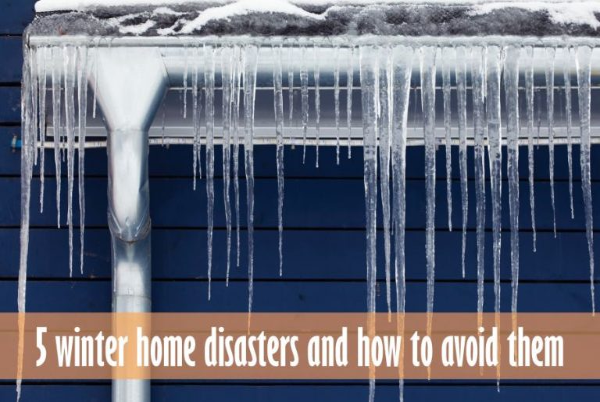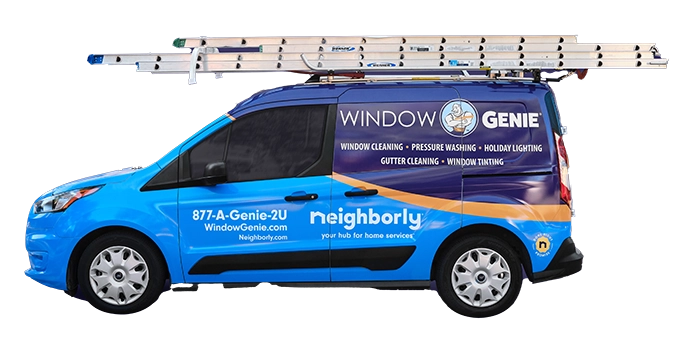
For many parts of the country, the winter can be harsh and unforgiving. Owning a home adds another level of worry when the temperature plummets. Winter’s harsh weather can wreak havoc on your home (and your wallet) if you aren’t prepared. It’s always best to be proactive against winter rather than reactive.
1. Frost Heave
Frost heave is an upwards swelling of soil during freezing conditions caused by an increasing presence of ice as it grows towards the surface. Ice growth requires a water supply that delivers water to the freezing front. The weight of overlying soil restrains the vertical growth of the ice and can promote the formation of lens-shaped areas of ice within the soil. The reason this is so serious is that it can crack your foundation. The biggest factor in causing frost heave are poorly maintained gutters. Clogged gutters or broken gutters will not properly disperse water. The soil around your house doesn’t disperse and begins to freeze. The ice grows and puts extreme force on your foundation. Overflowing gutters are obviously not doing their job.
2. Large and Dangerous Icicles
Another problem caused by clogged/broken gutters is the formation of large and dangerous pieces of ice. The first thing that comes to mind when I mention icicles is the silly lie that Ralphy tells in A Christmas Story. The truth is icicles can be dangerous. According to the Death in Society Research Foundation: “around 15 people in the US die each year due to icicle-related incidents.” Besides the risk of injuries and fatalities, large icicles falling with this force can cause significant property damage.
3. Fireplaces
Winter is a notorious time for house fires, and it is vital to have working fire alarms around the house to alert everyone, but one of the main culprits is faulty fireplaces. The best way to prevent a disaster is having a professional properly inspect it. If your flue or chimney are blocked by debris or contain cracks or leaks, inadequate venting can occur, and toxic fumes may seep into your home. An inspection lets you know that everything is in safe working order. Always make sure your fireplace is out and cooled before going to bed.
4. Space Heaters
In an effort to help cut energy costs or to accommodate roommates many people use space heaters. Space heaters are an excellent way to warm up cold rooms or provide extra heat. Space heaters can also be hazardous if not used properly. Never leave a space heater unattended especially when children and pets are around, and don’t place it near drapes, shades or bedding. If your heater is more than a few years old, replace it with a new model that has more current safety features such as tip-over protection. This way it shuts off automatically if it happens to fall over.
5. Frozen Pipes
Few words strike more fear in the heart of a homeowner more than the words “frozen pipes”. A pipe that freezes, cracks, then bursts can release hundreds of gallons of water per second and create a very, very expensive home repair. Wrapping your pipes with inexpensive foam insulation is a very easy DIY project and should be done before temperatures begin to drop. Some people might tell you to turn your thermostat down if you are leaving your home for an extended period, but this can increase the chance for frozen pipes. Keep your house temperature at 68 degrees or higher, even if you’re leaving the house for an extended period of time and open cabinet doors below sinks to allow heat from the home to circulate.
